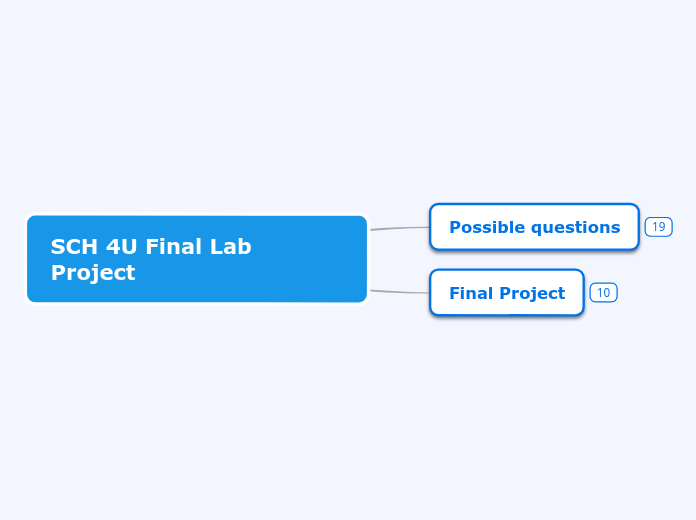door John Rodgers 3 jaren geleden
257
SCH 4U Final Lab Project

door John Rodgers 3 jaren geleden
257

Meer zoals dit
does cold water really work better?
is disolving ewxothermic?
chips that we really saturated?
dry chips
wet chips